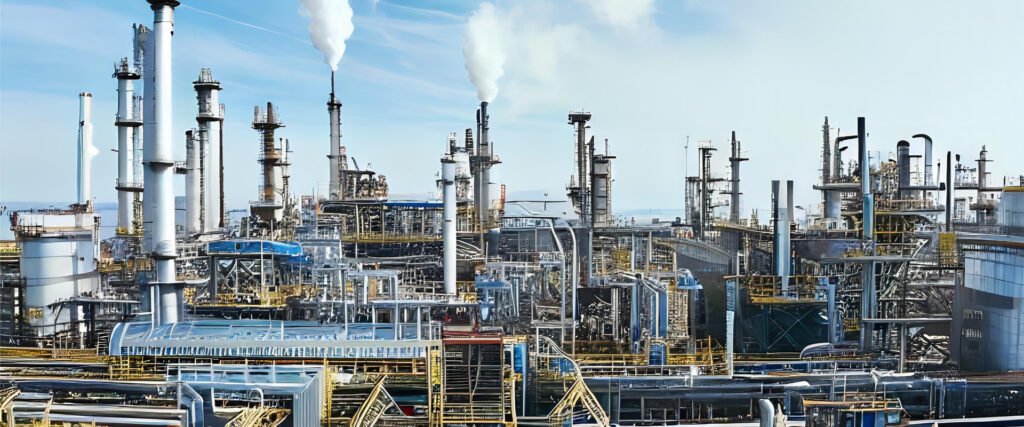Your cart is currently empty!
TEL:08615998857658

VI polymer Ethylene Propylene Rubber
VI polymer ethylene propylene rubber (EPM) can be used as a lubricant additive in various applications.
Description
| VI polymer ethylene propylene rubber (EPM) can be used as a lubricant additive in various applications. EPM is a type of synthetic rubber known for its excellent resistance to heat, weathering, and chemicals. In lubricants, it can serve multiple purposes:
Seal Compatibility: EPM is often used in lubricants to improve compatibility with seals and gaskets in engines or machinery, reducing the risk of seal deterioration or leaks. Viscosity Modification: It can be employed as a viscosity modifier to enhance the oil’s viscosity index, ensuring stable viscosity across different temperatures. This helps maintain optimal lubrication under varying operating conditions. Enhanced Performance: Adding EPM to lubricants can improve their overall performance by providing better resistance to oxidation, which helps extend the oil’s lifespan and maintain its effectiveness. Improved Properties: EPM may contribute to reducing friction, preventing wear and tear, and protecting metal surfaces in contact, thus prolonging the lifespan of machinery components. However, the specific use and formulation of EPM as a lubricant additive would depend on the intended application, the type of machinery, and the desired performance characteristics of the lubricant. |
Ethylene Propylene Rubber (EPR) as a Viscosity Index Improver (VII) in Lubricants:
While not the most common option, Ethylene Propylene Rubber (EPR) can be used as a VI improver in lubricants. Here’s what you need to know:
Function:
- VI improvers help maintain a consistent oil viscosity across a wide temperature range. This ensures proper lubrication at both high and low temperatures, reducing wear and tear and improving engine efficiency.
Advantages of EPR as a VI improver:
- Shear stability: EPR has good shear stability, meaning it doesn’t break down under high shear forces in the engine, maintaining its viscosity modifying effect.
- Compatibility: EPR can be compatible with various base oils, including mineral and synthetic oils.
- Cost-effectiveness: Compared to some synthetic VI improvers, EPR can be a more cost-effective option.
Limitations of EPR as a VI improver:
- Performance: Compared to some synthetic VI improvers, EPR might not offer as high viscosity improvement at low temperatures.
- Limited availability: EPR is not as widely available as some other VI improvers.
- Environmental concerns: While generally considered less concerning than some traditional VI improvers, the environmental impact of EPR needs to be considered.
Overall:
EPR can be a viable option as a VI improver in some situations, particularly when considering cost or compatibility. However, its limitations in performance and availability compared to other options should be weighed carefully.
Additional factors to consider:
- Specific needs: The optimal VI improver depends on the application, desired viscosity profile, and operating conditions.
- Base oil type: Different base oils require specific types of VI improvers for compatibility.
- Environmental regulations: Regulations might limit the use of certain VI improvers.
Consulting an expert:
Consulting a qualified lubricant specialist or tribologist (friction and lubrication specialist) is highly recommended for selecting the optimal VI improver for your specific needs, considering all factors like performance, compatibility, and environmental impact.
I hope this information helps! Feel free to ask if you have any further questions about VI improvers or lubricant additives in general.







Reviews
There are no reviews yet.